
Shortly after Prof Puleng LenkaBula was appointed as the University of South Africa’s (Unisa’s) first woman Principal and Vice-Chancellor (VC) in 2021, she initiated a research-led project to identify catalytic niche areas (CNAs) that would not only activate and enhance Unisa’s academic agenda, but also strengthen academics’ experiences as engaged scholars who refuse to be academic pies in the sky, scholars who will care to address the needs of our society.
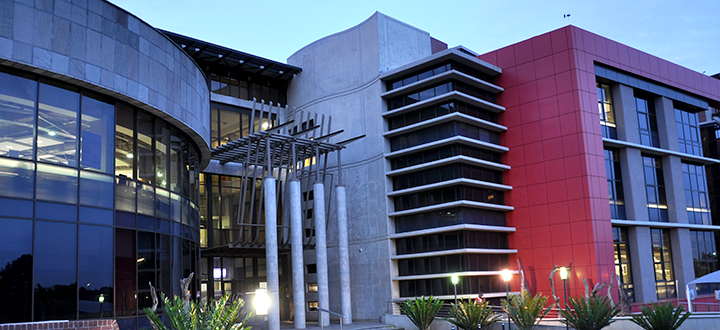
Unisa’s Science Campus houses some of South Africa’s most advanced equipment and facilities to conduct science, engineering, technology, agriculture and environmental research
Ten such CNAs were identified and introduced to Unisa’s epistemic community at a Lekgotla in March of that year, and approved by Council in June. Implementation is now well under way across colleges with some CNAs running across several colleges. The ten CNAs and the colleges in which they have so far been adopted are listed below.
To date, the university has appointed 27 distinguished scholars, whose foci will be research and innovation, as well as the production of master’s and doctoral graduates in the above CNAs. CSET and CAES, who have excelled in the socialisation of the CNAs in their academic endeavours, are also the leaders in the number of distinguished scholars who are already working in these niches.
Overall coordination of the CNAs initiative is managed by the university’s College of Graduate Studies, who, among others, foregrounds the niches by ensuring that they are included in the performance agreement for academics and form an integral part of a range of workshops.
As a highly regarded academic presence in the field of Feminist/Womanist/Bosadi Theorisations, the relevant CNA is close to the VC’s heart. She has unequivocally expressed her belief that mainstream/Western feminism is not enough; there is a need for intersectionality – feminism that protects all, regardless of one's race, gender identity or capabilities.
Significant here is Unisa’s Institute for Gender Studies under CHS. Bosadi is a theory for the context of black South African women encompassing racial oppression, sexist African culture, classism and general sexism. It is crucial for the university to focus on this field of research and studies. Very much in support of the relevant CNA, the institute conducts interdisciplinary research into eliminating gender-based violence, homophobia and transphobia, and discrimination against women in the workplace and the political arena. The institute also uses education about gender as an effective way to achieve gender equality and the empowerment of women.
Inspired by her commitment to catapulting research and innovation as well as engaged scholarship into the catalytic niches, and also turning Unisa into an engaged university with a global impact, the VC has led numerous delegations on science diplomacy missions to international institutions. A concrete result of one such visit, to the University of California (LA Campus: UCLA) and Stanford University in the United States, laid the groundwork for CSET establishing an institute on the catalytic niche of the Fourth Industrial Revolution and Digitalisation.
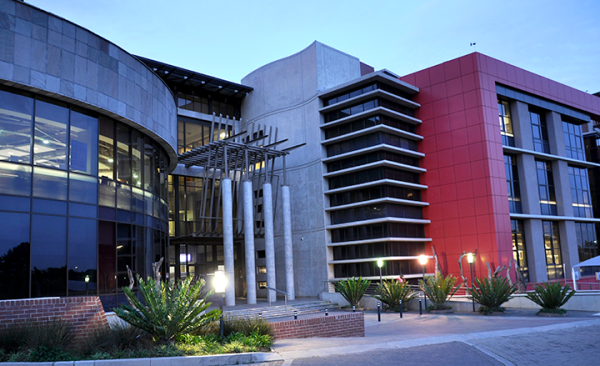
Prof Puleng LenkaBula (left), Unisa Principal and Vice-Chancellor, on the stage at the Global Sustainable Development Congress (GSDC) 2024 in Thailand as part of the university’s many internationalisation initiatives in support of advancing its catalytic niche areas
Through the active involvement and the leadership of the VC, the catalytic niche of Health/Pharmaceutical Studies is taking shape following a Unisa delegation visit to Yonsei University in South Korea in 2023. Plans are under way to realise this specific niche through the establishment of a Unisa private hospital.
As can be gleaned from the above, work on the CNAs has begun in all earnest and has produced a number of successes. Much has been done, and yet more exciting developments lie ahead as the university pursues its commitment to reclaiming Africa’s intellectual futures through ambitious initiatives such as the CNAs.
* By Philip van der Merwe, Editor, Department of Institutional Advancement
Publish date: 2024/07/16
 Unisa empowers award-winning agro-cosmetics entrepreneur
Unisa empowers award-winning agro-cosmetics entrepreneur
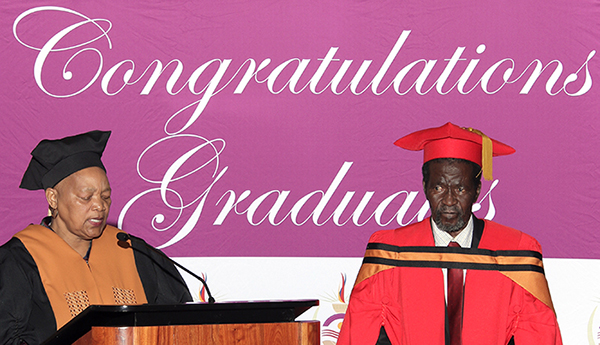 Unisa initiative offers early-career academics "a stepping stone towards greatness"
Unisa initiative offers early-career academics "a stepping stone towards greatness"
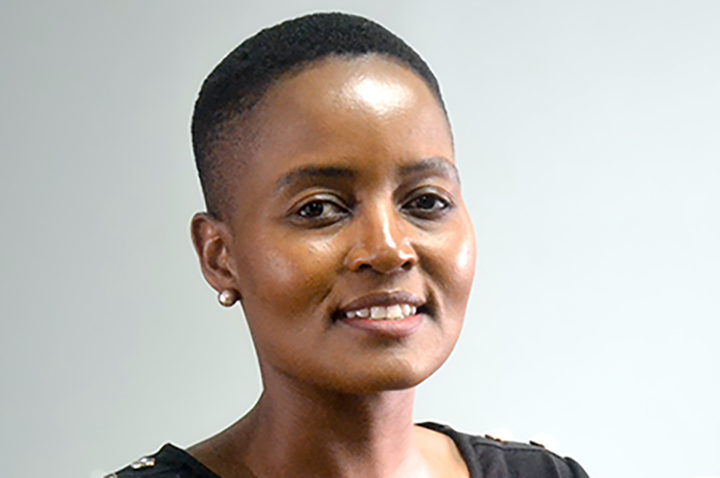 Seasoned meteorologist joins Unisa
Seasoned meteorologist joins Unisa
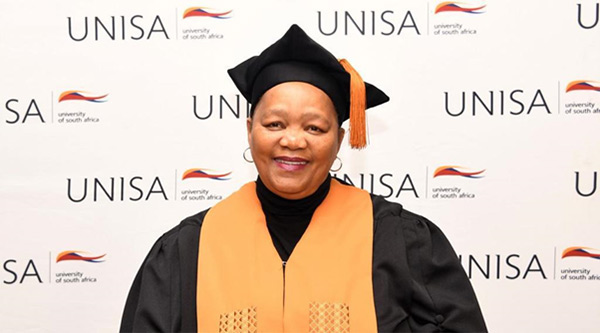 Unisa celebrates the 2023 and 2024 Hiddingh-Currie Award winners
Unisa celebrates the 2023 and 2024 Hiddingh-Currie Award winners
 Unisa celebrates a project of hope, dignity and student success
Unisa celebrates a project of hope, dignity and student success